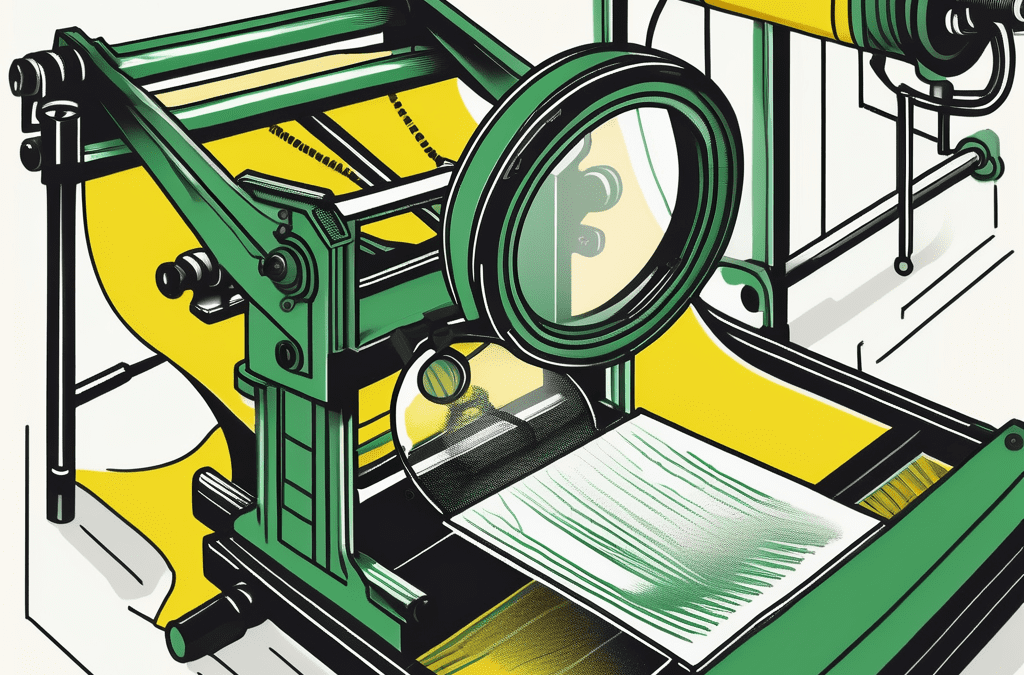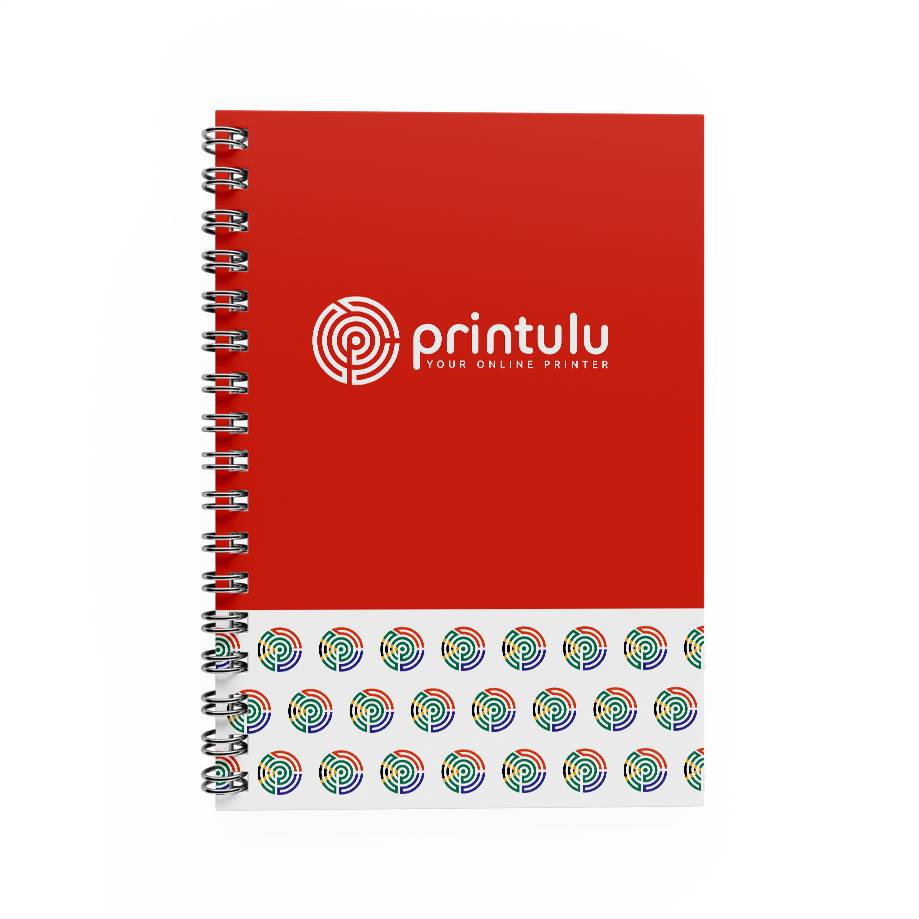Flyer printing is a popular marketing tool used by businesses of all sizes. It allows companies to reach a wide audience with their message and offers. However, when it comes to flyer printing, there are important legal considerations that need to be taken into account, especially regarding privacy. In this article, we will explore the legal landscape of flyer printing and delve into the importance of privacy in marketing materials.
Understanding the legal landscape of flyer printing
Flyer printing involves various legal aspects that businesses need to be aware of to avoid any potential legal issues. One of the key areas is privacy. Privacy plays a crucial role in marketing materials, as it ensures that personal information is treated with care and respect.
When it comes to privacy in marketing materials, businesses must also consider the General Data Protection Regulation (GDPR) in the European Union. The GDPR sets out strict guidelines on how personal data should be collected, processed, and stored. Failure to comply with the GDPR can result in hefty fines, making it essential for businesses to understand and adhere to these regulations.
The importance of privacy in marketing materials
When designing your flyers, it is essential to consider privacy laws and regulations. Privacy laws aim to protect individuals from having their personal information misused or mishandled. For businesses, this means ensuring that personal data, such as names, addresses, and contact details, is collected and used in an ethical and responsible manner.
Moreover, it is crucial for businesses to provide clear and transparent information to individuals about how their data will be used. This includes obtaining explicit consent from individuals before using their personal information for marketing purposes. By being transparent about data usage and obtaining consent, businesses can build trust with their customers and demonstrate their commitment to data privacy.
Key legal terms in flyer printing
To navigate the legal landscape of flyer printing, it is helpful to familiarise yourself with key legal terms such as consent, data protection, and disclosure. Consent refers to the individual’s voluntary agreement to allow their personal information to be used for a specific purpose. Data protection refers to the measures put in place to safeguard personal information from unauthorised access or use. Disclosure refers to the act of sharing personal information with third parties. Understanding these terms will help you ensure that your flyer printing activities are compliant with the law.
Privacy laws and flyer printing
In recent years, data protection regulations have become increasingly stringent, and businesses need to be aware of how these laws impact their flyer printing practices. GDPR, for example, has had a significant impact on how companies handle and process personal data. It requires businesses to obtain clear and explicit consent from individuals before using their personal information for marketing purposes.
Data protection regulations and their impact
Data protection regulations, such as GDPR, aim to give individuals greater control over their personal information. Businesses must now obtain specific consent from individuals for each different purpose they want to use their data. This means that blanket consent, where individuals are asked to agree to all future marketing activities, is no longer sufficient. Companies must also ensure that individuals can easily withdraw their consent at any time.
Consent and its role in flyer distribution
When distributing flyers, obtaining valid consent is essential. This can be done by asking individuals to provide their details willingly, such as through an online sign-up form or by physically collecting contact information at an event. It is important to clearly explain how their information will be used and give them the option to opt-out if they wish to do so. This not only ensures compliance with privacy laws but also builds trust and credibility with your target audience.
Designing Flyers with Privacy in Mind
When creating flyers for distribution, it is crucial to consider privacy implications from the outset. This includes ensuring that any personal data collected is kept secure and used only for the specified purposes outlined to the individual. Additionally, businesses should avoid using overly intrusive language or requesting unnecessary personal information on their flyers to respect individuals’ privacy rights. By incorporating privacy-conscious design principles into flyer creation, companies can demonstrate their commitment to data protection and ethical marketing practices.
Impact of Privacy Breaches on Flyer Campaigns
In the event of a privacy breach involving flyer distribution, businesses can face severe consequences, including reputational damage and potential legal action. It is essential for companies to have robust data protection measures in place to prevent such breaches. This may include encrypting personal data on flyers, limiting access to sensitive information, and regularly reviewing and updating privacy policies. By prioritising privacy and security in flyer campaigns, businesses can safeguard their reputation and maintain the trust of their customers and target audience.
Balancing marketing needs with privacy rights
While businesses have legitimate marketing needs, it is crucial to strike a balance between those needs and individuals’ privacy rights. By adopting ethical considerations in flyer printing, you can ensure that your marketing efforts are privacy-friendly and respectful of individuals’ personal information.
It is essential for businesses to understand the importance of respecting individuals’ privacy rights in the digital age. With the increasing concerns over data privacy and security, consumers are becoming more vigilant about how their personal information is being used for marketing purposes. Therefore, businesses must take proactive steps to safeguard customer data and ensure that their marketing strategies are transparent and compliant with privacy regulations.
Ethical considerations in flyer printing
When designing your flyers, consider the following ethical considerations:
- Avoid using personal information without explicit consent.
- Clearly outline how personal information will be used and give individuals the option to opt-out.
- Implement secure data management practices to protect personal information from unauthorized access or use.
Respecting individuals’ privacy rights not only enhances your brand’s reputation but also builds trust with your target audience. By demonstrating a commitment to ethical marketing practices, businesses can differentiate themselves in a competitive market and attract customers who value privacy-conscious brands.
Privacy-friendly marketing strategies
To protect privacy while still reaching your target audience, consider implementing privacy-friendly marketing strategies. For example, instead of using personalization based on specific individuals’ data, you could use segmentation and targeting techniques that group individuals based on common characteristics or interests. This approach allows for effective marketing campaigns while minimising the risks associated with using personal data without explicit consent.
Avoiding legal pitfalls in flyer printing
When it comes to flyer printing, there are common legal mistakes that businesses should be aware of and avoid. By understanding these pitfalls, you can ensure that your flyer printing activities remain compliant with privacy laws.
One crucial aspect to consider when delving into the realm of flyer printing is the protection of intellectual property rights. It is essential to ensure that the content, images, and designs used in your flyers do not infringe on any existing copyrights or trademarks. By conducting thorough research or seeking permission from the rightful owners, you can safeguard your business from potential legal disputes.
Furthermore, it is important to pay attention to the language and claims used in your flyers to avoid misleading consumers. Any statements regarding products or services should be accurate and not deceptive in any way. By providing transparent and truthful information, you can build trust with your target audience and avoid falling foul of advertising standards regulations.
Common legal mistakes and how to avoid them
One common legal mistake is using personal information without obtaining the necessary consent. To avoid this, always seek clear and explicit consent from individuals before using their data for marketing purposes. Another mistake is failing to provide individuals with a clear opt-out mechanism. Make sure that your flyers include a clear and easily accessible way for individuals to unsubscribe or opt-out if they no longer wish to receive your marketing materials.
Seeking legal advice for flyer printing
If you are unsure about the legal requirements and best practices for flyer printing, it is wise to seek legal advice. Consulting with a legal professional can help ensure that your flyer printing activities are fully compliant, minimizing the risk of legal issues and potential fines.
Future trends in privacy and flyer printing
The legal landscape surrounding privacy is constantly evolving, and businesses need to stay on top of these changes to adapt their flyer printing practices accordingly.
The evolving legal landscape
As technology continues to advance, privacy laws and regulations are likely to become even more stringent. It is crucial for businesses to keep up with these changes and adjust their flyer printing strategies accordingly. For example, new laws may require businesses to obtain explicit consent for each marketing channel used or to implement additional security measures to protect personal information.
Adapting to changes in privacy laws
To stay ahead of future privacy regulations, businesses should consider implementing proactive measures. This may include conducting regular privacy audits, staying informed about upcoming changes in privacy laws, and implementing privacy-by-design principles in flyer printing activities. In conclusion, privacy is a vital aspect of flyer printing that businesses must prioritise. By understanding the legal landscape, considering privacy laws, and implementing ethical considerations, businesses can ensure compliance and build trust with their audiences. By staying proactive and adapting to changes in privacy laws, businesses can continue to leverage the power of flyer printing while maintaining privacy and data protection. So, next time you plan to print and distribute flyers, keep privacy considerations in mind and make them an integral part of your marketing strategy.





